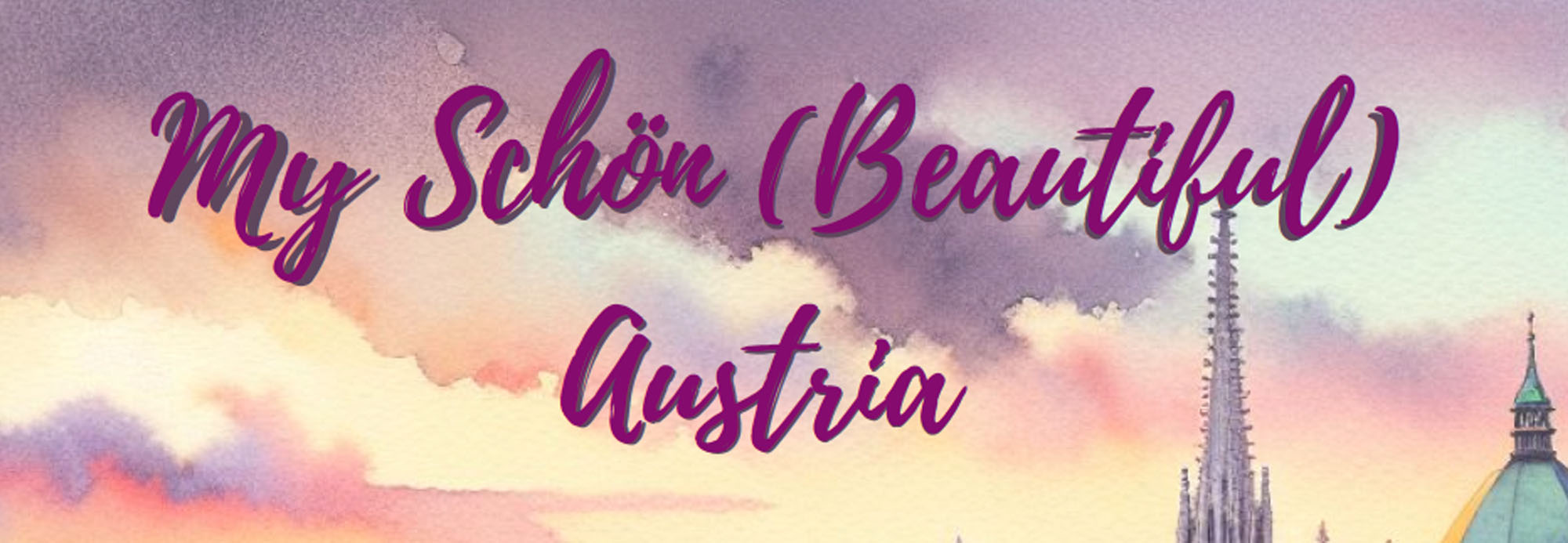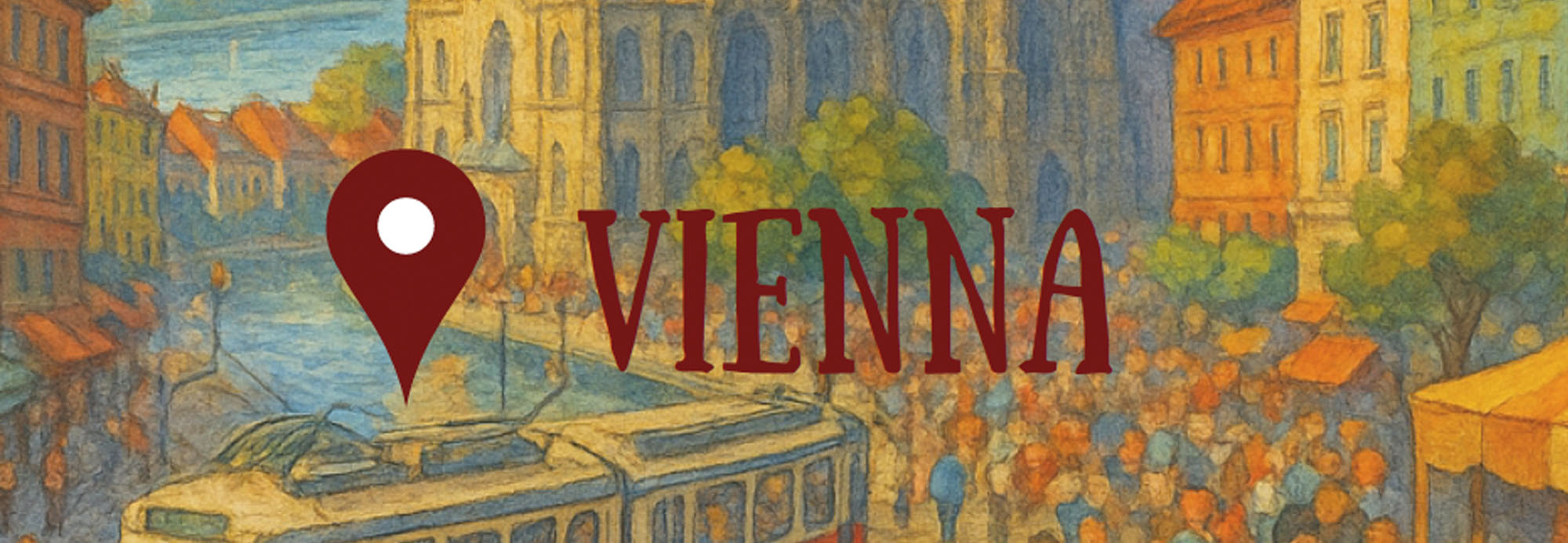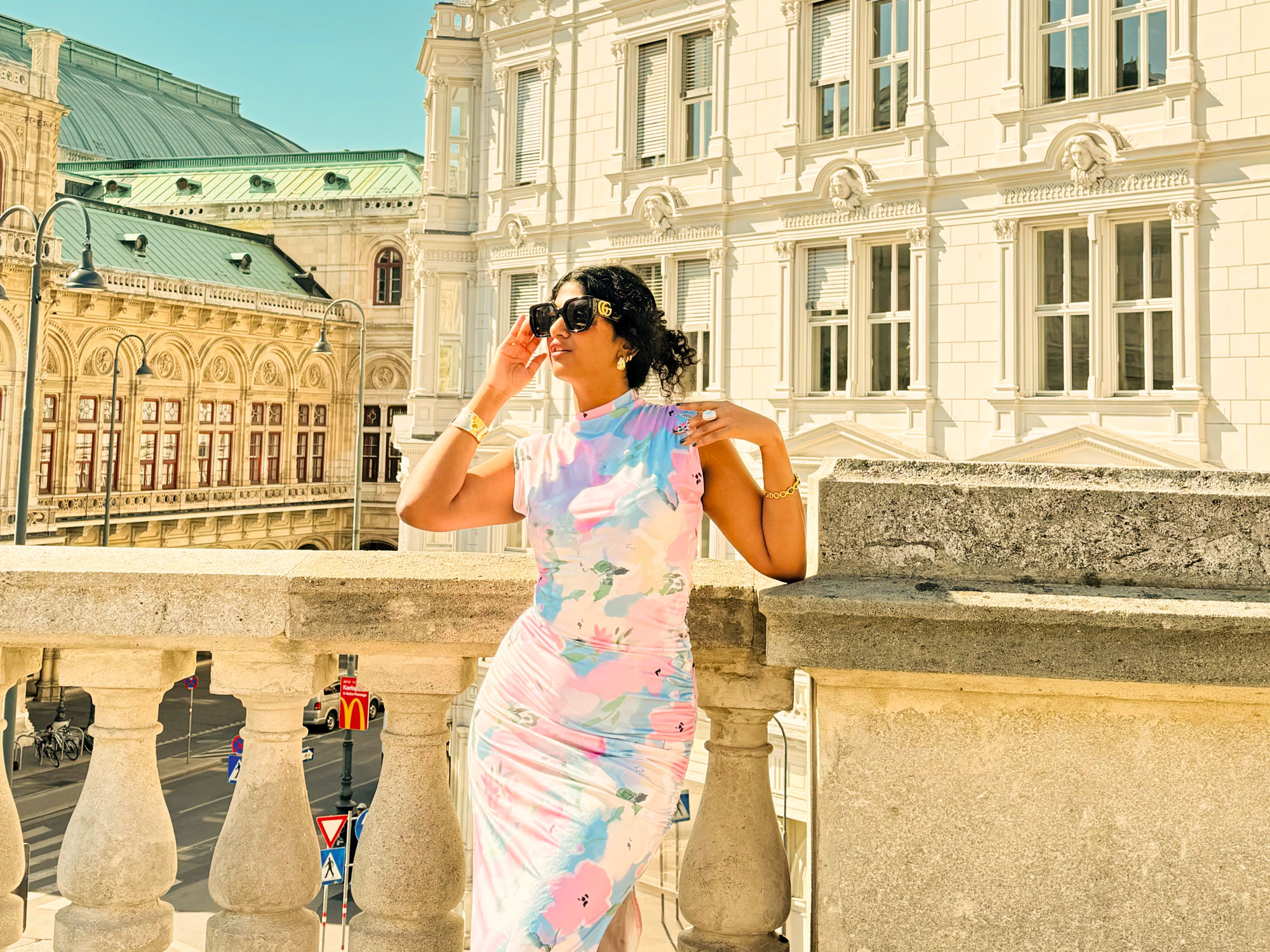
Sabrina's SCRAPBOOK
Sabrina Pereira, B.A. ’25, left the day after her commencement ceremony to travel with the Merrick School of Business for a one-week global field study course in Austria. She kept a journal about her experience, which is excerpted here.
Introduction
When I came to America, I was told to tip.
It was difficult to fathom tipping for a coffee that was already overpriced. A $6 coffee wasn’t just $6; it was 514 rupees. That’s what a daily wage worker in India earns for working from 7 a.m. to 10 p.m.
Later, when I worked as a barista, I started to understand the other side. Yet, I handed back the tips I received, knowing full well that my entire paycheck went straight to rent. But something still didn’t sit right. The idea of taking extra money from hardworking people who were already paying for their product felt... off.
After countless debates on tipping culture, I was told that as an Indian, I’d never understand. I’d never understand the quality of service in America—“unmatched,” they said—and how that alone justified tipping.
They were right. Until I traveled to Austria.
Austria solidified what I had quietly believed all along. It changed how I viewed what a truly developed nation looks like. In Austria, tips were still given but only to those who went above and beyond. Not because they were forced to rely on them, but because they earned them.
But it didn’t stop there. This part of Europe had something rare. A quiet elegance in its architecture. A respect for personal space. A pride in public systems. And perhaps most striking to me—the visible independence of women, navigating life freely and unapologetically.
I could go on and on.
And so, I will.
The First Hours
We landed in Vienna, Austria, on May 23, 2025, at 8 a.m. Things moved quickly from there.
The nine-hour flight didn’t seem to wear most of us down, so we started strong. Climbing up the castle ruins to get a sweeping view of Vienna and the Danube River. Still energized, we made our way to the United Nations, where we learned about several formidable institutions, including the International Atomic Energy Agency.
But what struck me the most wasn’t the building or the displays but, our tour guide. The woman, fluent in German, English and Spanish, spoke with the kind of ease and depth that made her feel like a walking, talking Google.
On the bus ride back, we were handed a map of the city’s metro system. At first glance, it looked like gibberish. But over the next few days, that map became my personal GPS through Vienna.
By 4 p.m., it hit me—UBalt students really do have grit. We still weren’t tired. So, we headed straight to the Wiener Festwochen, a vibrant festival held in front of Vienna’s stunning City Hall.
We all had fun, but for me, the most beautiful part of the festival wasn’t the lights or the music, instead, it was the crowd. Specifically, the number of women enjoying beer with friends, laughing freely and eating Käsekrainer, Austria’s beloved street food sausage— plump, pork-filled, and bursting with Emmentaler cheese.
I went back for a second serving and noticed the woman who owned the food stand. She wore a beautiful European dress, worked efficiently and carried herself like a boss. She didn’t just run the place—she owned it, in every sense of the word.
That night, I ended my first day in Austria with a quiet stroll through the market stalls, soaking in the charm of the city and, of course, sipping a well-deserved cappuccino.
Every Step, a Story
The next few days in Austria involved a lot of walking—most of us averaged 20,000 steps a day.
It was worth every step, quite literally. Each one led to something memorable, like a charming coffee shop and a street vendor selling the infamous Austrian dish Apfelstrudel (or what our dear Dr. Lefteris fondly called: “goodies”). As someone who doesn’t have a sweet tooth, I told myself I’d wait until the very last day to try it. Delayed gratification at its finest.
As an avid traveler, at least to the Asias and Africas, I found it humbling to be the “American tourist” this time. The dollar didn’t quite hold up to the Euro. It cost us $248 to get just 200 Euros. A humbling moment, to say the least. Yet despite the stronger currency, I was pleasantly surprised to find that a white-tablecloth dinner at a Thai restaurant only cost me $25.
Perhaps my favorite observation? The absence of catcalling, even when I clearly looked like I didn’t belong. For that, I felt at peace.
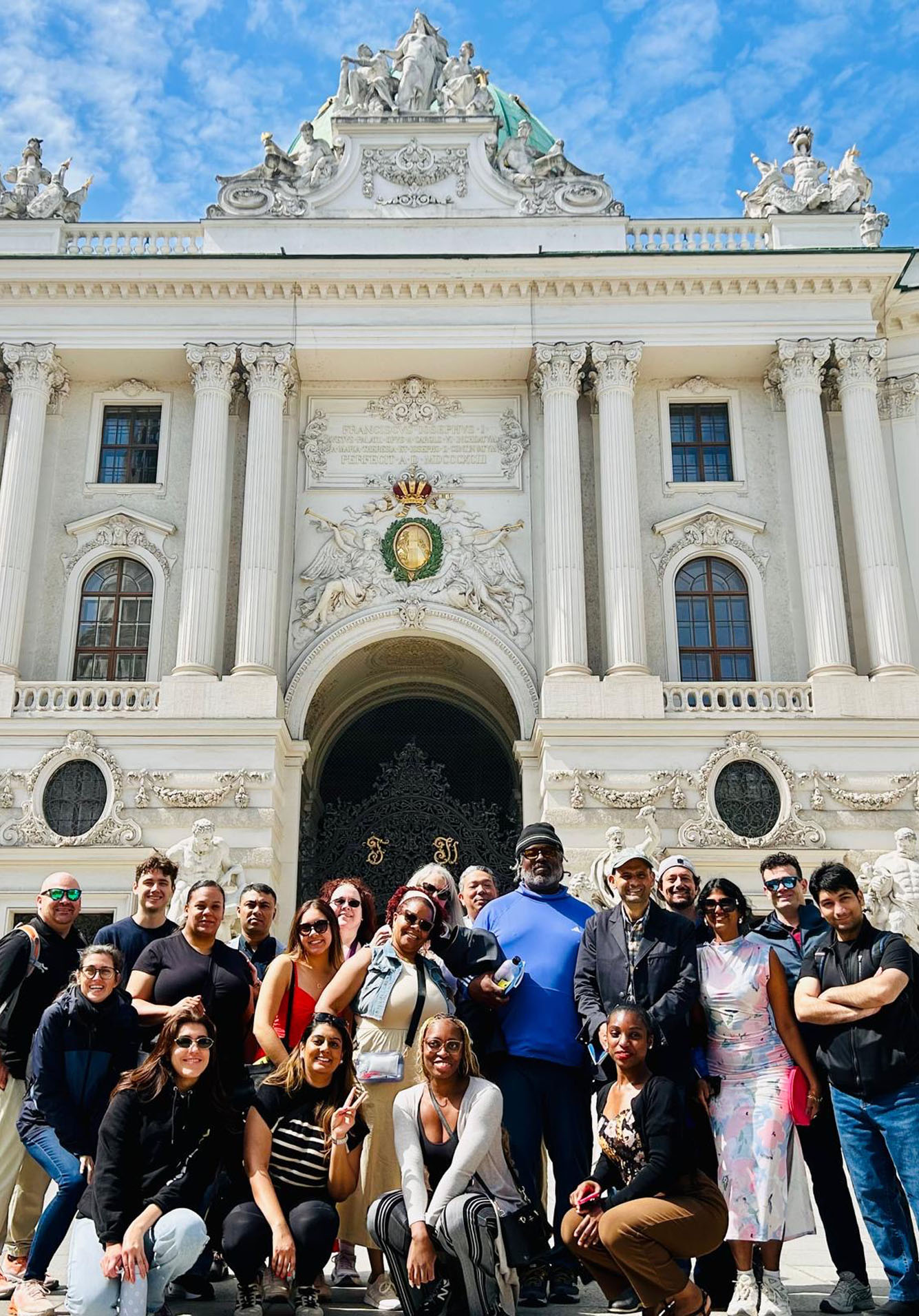
Our first company visit was to Taverna, a cozy restaurant with an even cozier owner. Andreas Flatschers greeted us like old friends. Taverna, his third and favorite restaurant, was born out of his travels across the globe.
“Meatballs in pasta?” he said with a grin. “They’ll murder you in Italy for that! But I secretly loved it in New York and thought, why not bring it to Austria?”
His hospitality was infectious—we all made plans to return the next evening. I had the best calamari of my life. I don’t think any calamari will ever come close. I still think about it.
We also visited The Austrian Post and Gebrüder Weiss, where we got a behind-the-scenes look at how logistics and transportation operate in Austria. It was fascinating to see how tradition and innovation coexist so seamlessly in these industries.
The next morning, a few of us visited the famed St. Stephen’s Cathedral. To our surprise and joy, we received communion from the Bishop. The gothic architecture, the ornate designs, and the orchestra echoing through the halls—it was all surreal.
Afterward, we wandered through a museum before arriving at the crown jewel: Schönbrunn Palace. Words may fail to capture its beauty, but I’ll try.
Now a museum, the palace used electromagnetic waves to narrate the story of Empress Elisabeth of Austria “Sisi.” The grounds span 430 acres, and we walked every inch until we reached the very end, where we rewarded ourselves with coffee at the monument.
By day three, I realized something delightful: every cup of coffee I had kept getting better.
Maybe that’s the secret of Austria.
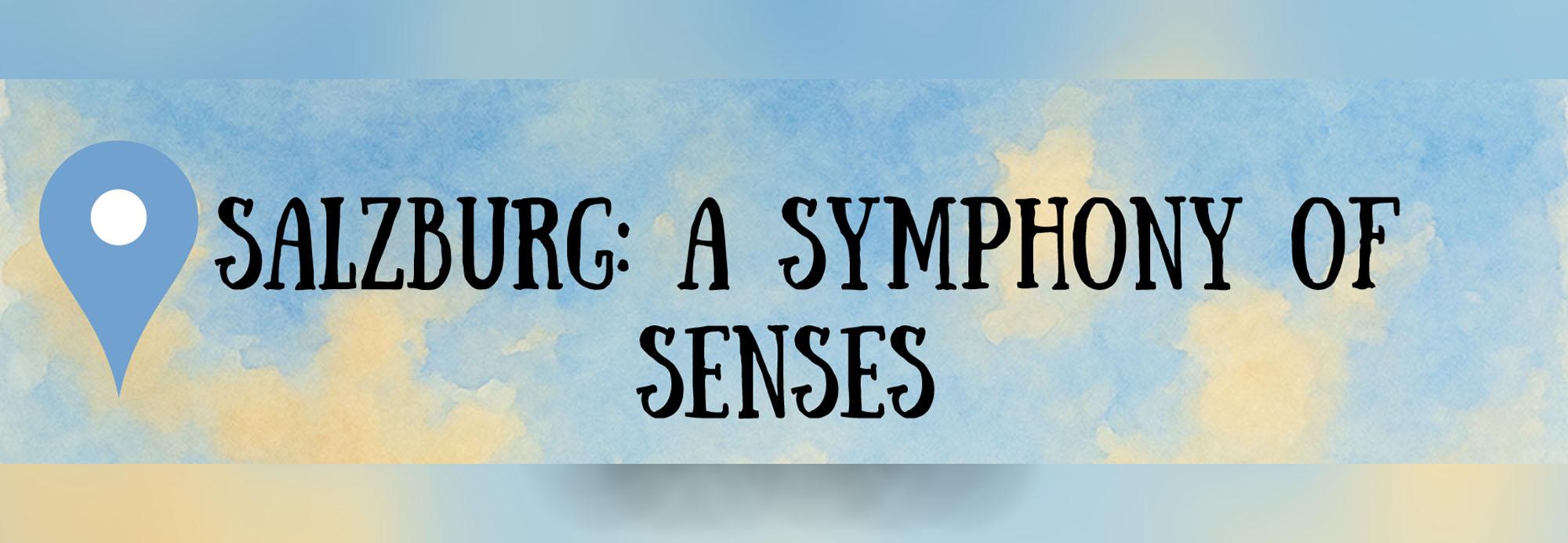
The City of Music
Running on just five hours of sleep each night, we somehow kept going.
Our next stop was the birthplace of the legendary Mozart: Salzburg. To get to beauty like that, we had to work for it.
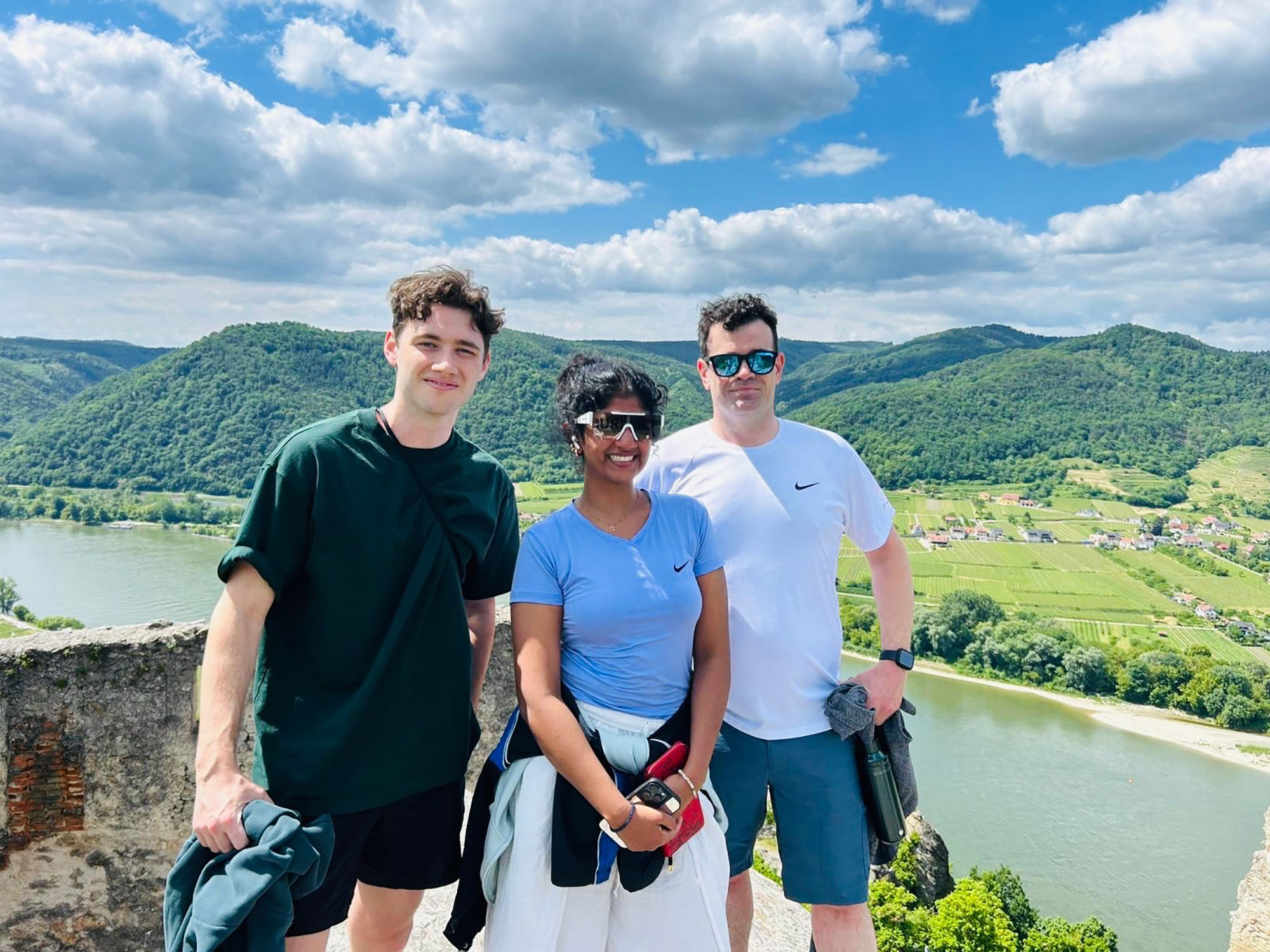
Three hours on a bus led us to Dürnstein, a picturesque town nestled beside the Danube River. We hiked up the mountain and were rewarded with a view so stunning it almost didn’t seem real. From the peak, our eyes locked onto a glowing yellow building far away which happened to be our next destination, Melk Abbey.
If there’s one thing about Austria, it’s this: pictures do not do it justice. But if you have the gift of imagination, let me try, because as they said to the architect who designed the church within the abbey: “Make it look like what heaven on earth looks like.”
And they did. I fell to my knees when I walked in. The sheer grandeur of the sanctuary felt divine. Then came the monks’ library—rows of ancient books, baroque ceilings and silence that felt sacred. I fought the impulse to sneak a photo for my mentor who adores books, but I chose to stay respectful.
After two hours of jaw-dropping awe in every room, we finally headed to Salzburg, the City of Music. The music truly lived in its soul.
Choirs sang from churches with acoustics that wrapped around your heart. We wandered through the Old Town, and to our surprise, found ourselves standing in Mirabell Gardens—yes, the garden where “Do-Re-Mi” from The Sound of Music was filmed.
We failed hilariously at recreating a music video, but it didn’t matter. My 12-year-old self—who once learned that song in English class—was very happy.
Salzburg was a tourist’s dream. Mozart’s face was on every shop sign. Horse-drawn carriages clopped past European costume houses, souvenir stands, and yes, Mozart’s birth home and apartment. But the memory that stays with me most was simple: We visiting two iconic cafés, Café Tomaselli and Café Fürst.
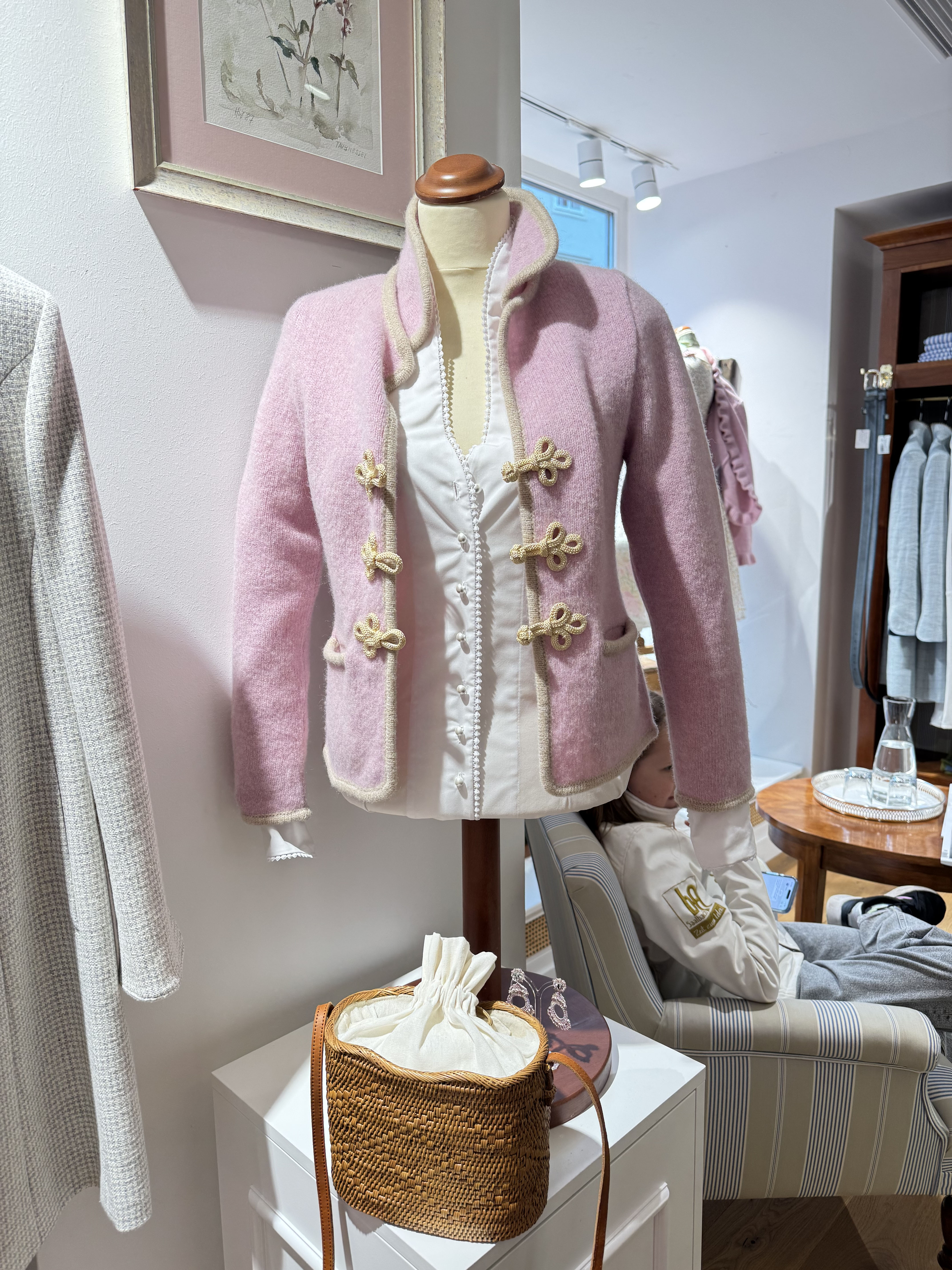
Café Fürst, though technically the “second most famous,” won our hearts with the best cup of coffee I have ever had. Maybe the name Fürst—which means “prince”—wasn’t just branding after all.
Later, we visited the Kirchtag Umbrella Factory, a small workshop that still makes umbrellas by hand. The smell of materials, the precision of craftsmanship and the pride in every fold were unlike anything I’d seen. Each umbrella was over $300—pricey, but rightly so for something so artful.
Resigned but still enchanted, I strolled back into the Old Town. I eyed one elegant European outfit after another, bitterly aware of my student budget. Then I stumbled upon a tiny photo studio that let visitors dress in aristocratic costumes. For 30 Euros, I found what I believe is the best souvenir I’ve ever owned.
I left Salzburg feeling full.
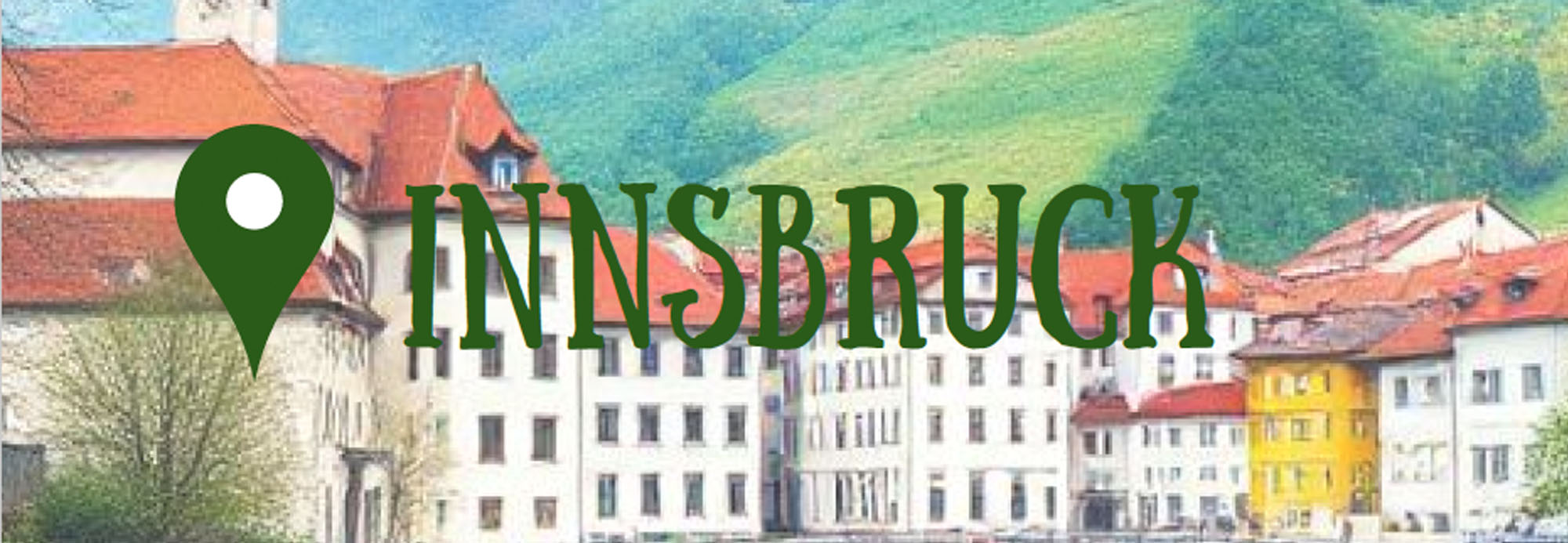
The Mountain That Changed Me
When I travel, I try not to read too much about the place.
It’s like going to watch a movie in the theater for the first time. I never watch the trailer. The surprise somehow makes it better.
So, I’m glad I didn’t read about Innsbruck, because what I found there taught me more than any preview ever could.
We took the cable car to the top of Innsbruck, then began hiking down the 7,000-foot Nordkette mountain. As the altitude changed, I felt it—not just in my ears, but deep in my chest. Each step over tiny shifting rocks was a reminder: adrenaline is real, and so is fear.
And then something happened. Me, lost on a mountain, nine weeks away from starting law school, exchanging nervous gestures with a German hiker to figure out which route to take.
I’ve never felt nervous—not even when I had to introduce Maryland Gov. Wes Moore in front of hundreds, or when I had to deliver the commencement speech.
But this? This was different. This was unfamiliar. I was very nervous.
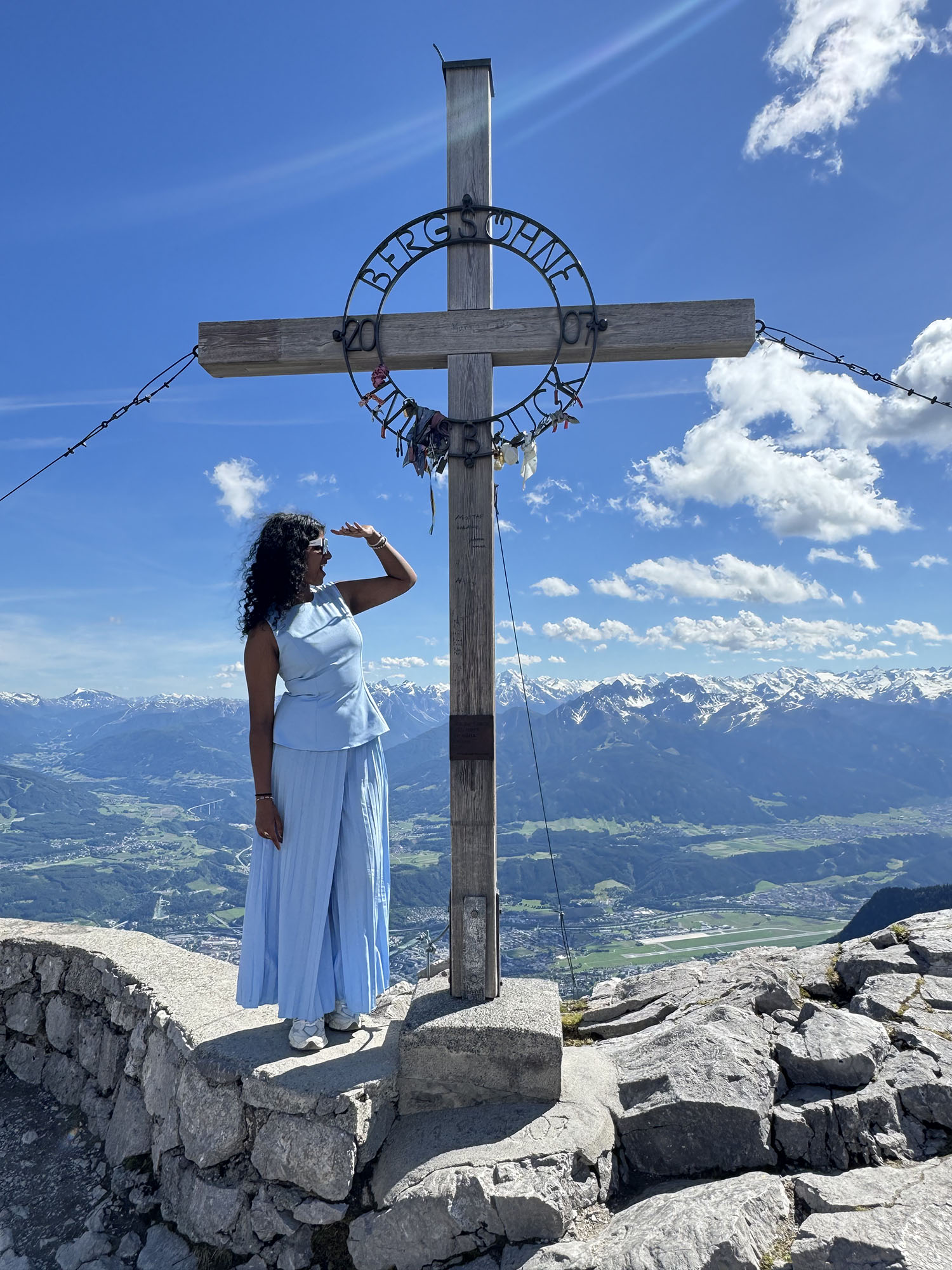
Thankfully, though, we made it down.
To celebrate, I had not one, but two cappuccinos, and that night, I had my first Apple Strudel before it was too late. It was very much worth the wait. I returned to the hotel and crashed after dinner.
At 5:30 a.m., the sun woke me. I hadn’t drawn the curtains, and I’m glad I didn’t.
I lay there, paralyzed in awe, just staring at the very mountain I had conquered the day before. Beautiful doesn’t begin to describe it.
Suddenly, it was Day 11, which meant it was time to leave.
We crossed into Germany and had a quick rest stop—just enough to say, “I had a croissant in Germany.” Then, before I knew it, we were driving past the Allianz Arena, the Olympic Village, the BMW factory, and finally, we arrived at the airport.
I felt full.
Not just because it was the perfect graduation gift to myself. The real gift is the one I now carry within me.
Words can’t express it.
Photos can’t capture it.
Videos can’t replicate it.
But memory? Memory tells it all.
It reminded me what makes a country feel truly developed isn't just its GDP or glimmering skyline. It's dignity in work. It's knowing that your paycheck doesn't depend on someone else’s charity. It's a culture where service is honored, not exploited where tipping is an act of gratitude, not a lifeline.
So yes, when I came to America, I was told to tip. But it took going to Austria to understand why I should want to.
And for now, I’m content. I’m grateful that I got to experience Europe at such a young age.
And still, I’m hungry for more.
Sabrina Pereira graduated from the B.A. in Legal Studies in spring 2025 and was accepted into UBalt Law for the fall semester. Read more about Sabrina.
Learn more UBalt's Global Field Study program, and read about the alumnus whose support funds our students' global field experiences.


